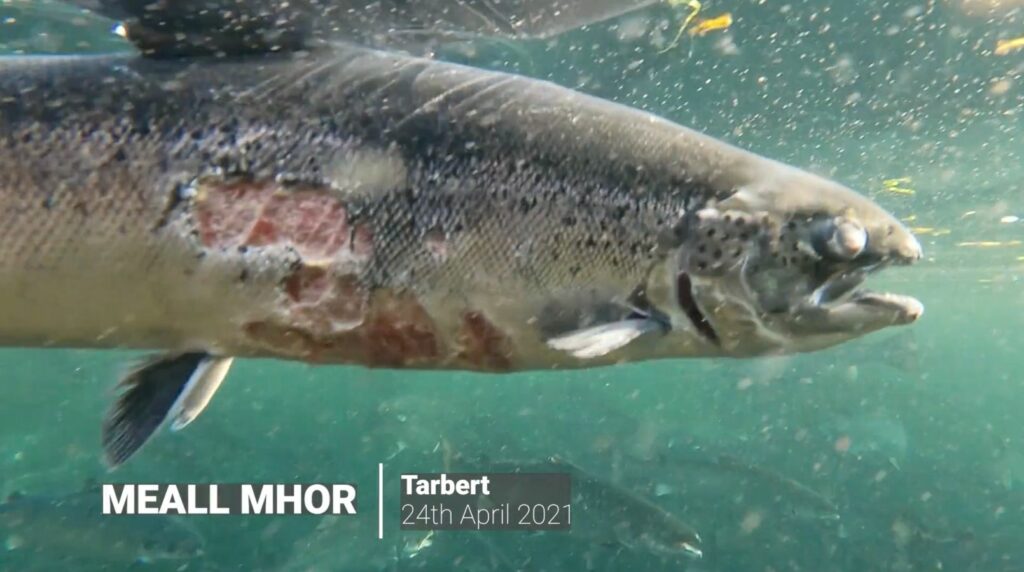Fishing has long been a cherished pastime for many, celebrated for its enjoyment and the sense of connection to nature it can foster. However, as society evolves and as our understanding of animal welfare deepens, a provocative question arises: Is fishing cruel to animals? This inquiry invites us to delve into an often overlooked discourse regarding the ethical implications of catching fish and other aquatic life forms. With the insights of animal welfare experts, we aim to explore multiple facets of this contentious issue.
First, it is vital to establish what we mean by cruelty. In the context of animal welfare, cruelty refers to the infliction of suffering—both physical and psychological—on animals, whether intentionally or through neglect. Proponents of fishing may argue that the act is a necessary engagement with nature, providing sustenance and recreational opportunities. But does the enjoyment derived from fishing justify the consequences faced by aquatic creatures?
To unravel this complex topic, we must first examine the methods employed in fishing. Angling, netting, and trawling are just a few techniques used to catch fish. Each method varies in its degree of brutality. For example, hook-and-line fishing can inflict significant pain as the hook penetrates the fish’s mouth, often causing lacerations and internal injuries. Observing a fish thrashing about desperately after being caught serves as a visceral reminder of their struggle. Furthermore, studies have indicated that fish experience stress responses akin to those of terrestrial animals when caught, suggesting that they do possess a capacity for suffering.
On the other end of the spectrum, commercial fishing practices present an entirely different set of ethical dilemmas. Trawling, which involves dragging large nets through the ocean, not only targets fish but can result in the unintentional capture of countless marine animals known as bycatch. This indiscriminate harvesting leads to the suffering and death of species that are not commercially viable, illustrating a moral quandary that many animal welfare experts find untenable. Moreover, the environmental degradation caused by commercial fishing, such as overfishing and habitat destruction, raises further ethical concerns, challenging the justification of fishing practices in the face of wider ecological imbalance.
A more nuanced perspective arises when considering the sentience of fish. Research indicates that many fish species possess complex nervous systems that allow them to experience pain and stress. Their cognitive abilities—ranging from social interactions to problem-solving—further complicate the argument against viewing them merely as mindless creatures. Animal welfare experts emphasize that if fish can feel pain, then inflicting suffering upon them for sport or sustenance bears the weight of ethical scrutiny.
Moreover, the psychological impact of catching and releasing fish can also come into question. While the practice is often promoted as a humane alternative, it can lead to considerable stress for the fish involved. The act of handling, unhooking, and ultimately, releasing them back into their environment poses risks such as lasting injury or even death from stress responses. This contradiction challenges the notion that catch-and-release fishing is an entirely benign practice.
Another aspect to consider is the socioeconomic dimensions of fishing. For many communities, particularly indigenous ones, fishing is not merely a hobby but a vital part of their culture and livelihood. The ethical ramifications of fishing must take into account the diverse motivations behind the practice. Yet, it is crucial that this cultural significance does not excuse practices that lead to excessive suffering or environmental destruction. After all, ethical consumption should not hinge solely on tradition but on the consideration of welfare for all sentient beings.
To address the question of whether fishing is inherently cruel, one must evaluate both the context and the method. Is the practice of fishing cruel, or does cruelty arise from neglect and harmful practices? Such dilemmas prompt calls for more humane fishing regulations and practices that mitigate suffering. For instance, adopting barbless hooks, using quick-release techniques, and advocating for sustainable fishing practices can help reduce the pain inflicted on fish.
The growing movement toward plant-based diets also introduces a fascinating challenge. As consumers become more attuned to the ethical implications of their food sources, an increasing number of individuals are reconsidering the necessity of fishing altogether. Is it possible for society to shift its culinary preferences to minimize or eliminate the need for fishing? This question poses a significant challenge to traditional views on sustenance, sparking further discourse on how we interact with the natural world.
In conclusion, the question of whether fishing is cruel to animals remains a topic of fervent debate. Although fishing can provide nourishment and enjoyment, it is essential to weigh these benefits against the potential harm inflicted upon aquatic life. As awareness grows and as ethical considerations take precedence in our consumption choices, fishing practices will undoubtedly require reevaluation. Achieving a consensus may be elusive, but the conversation it sparks is invaluable, prompting us to critically examine our relationship with the animals we share this planet with.
Ultimately, it is incumbent upon all of us to advocate for a future where the well-being of all sentient beings is at the forefront of our actions—whether we cast our lines or choose to leave the waters undisturbed.








